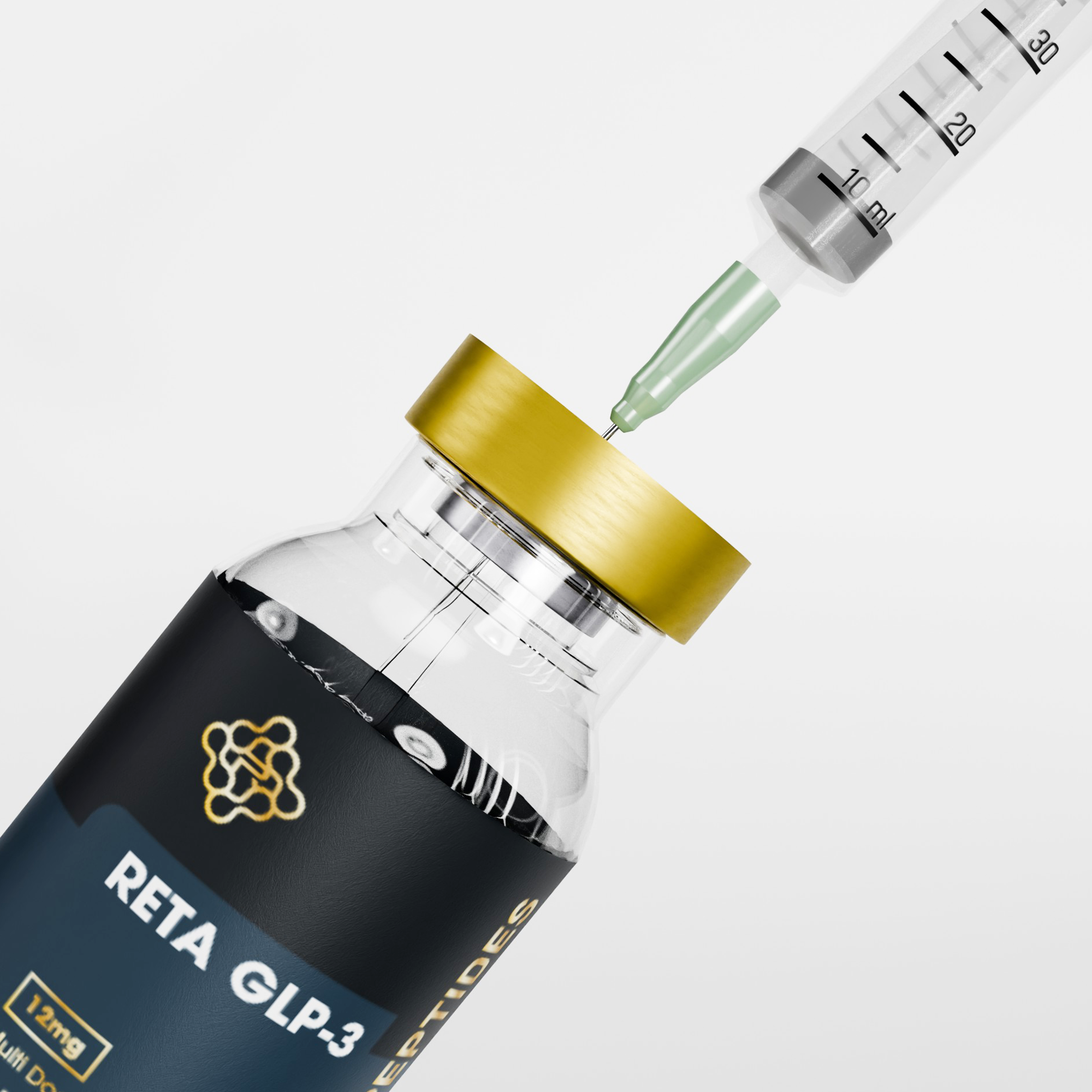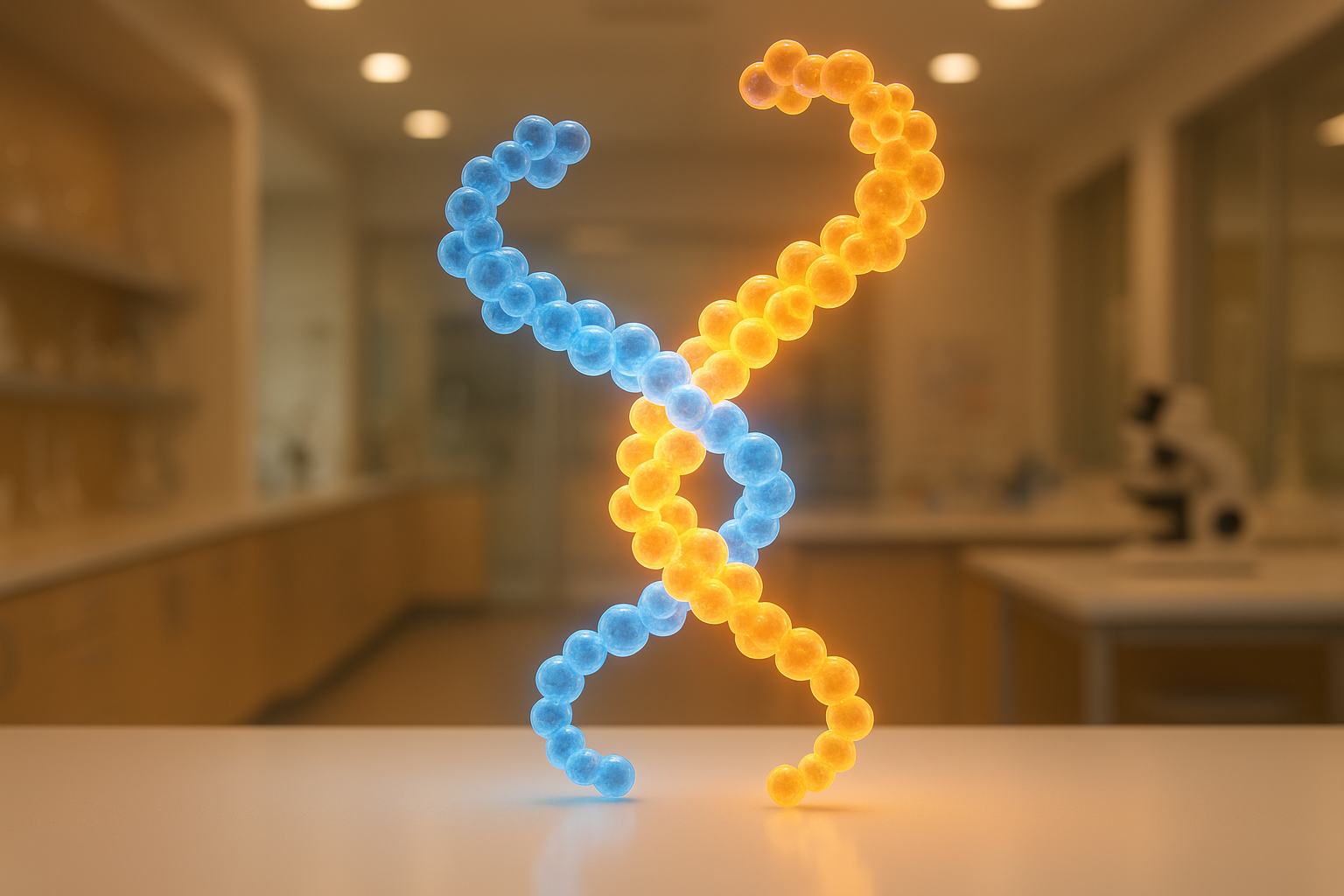News
HPLC vs MS: Peptide Analysis Comparison
Optimizing Peptide Blends for Multiplex Assays
How long takes Retatrutide to kick after Tirzepatide?
Is reconstitution solution good to reconstitute retatrutide?
Retatrutide is a 39-amino-acid peptide studied for its effects on weight loss, glucose regulation, and appetite control by targeting GLP-1, GIP, and glucagon receptors. Research dosing typically involves weekly subcutaneous injections, with common doses ranging from 1 mg to 16 mg per week. Gradual dose escalation is recommended to minimize side effects.
Can you Combine Tesamorelin and Retatrutide
What is Cagrilintide Retatrutide for Men










